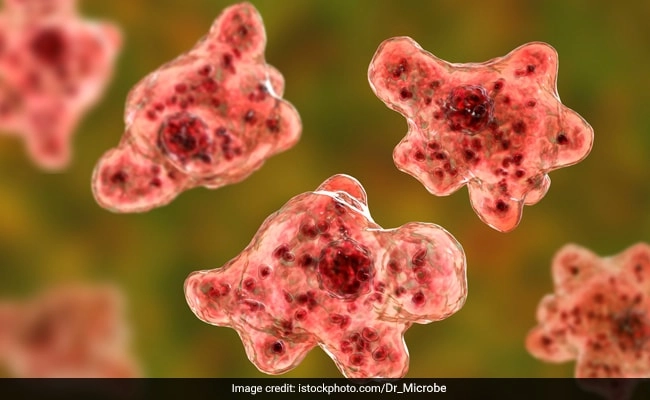Kerala’s Health Minister has recently addressed concerns regarding the presence of brain-eating amoeba cases in the state. In a statement, he clarified that there is no cluster of such infections, which has been a source of anxiety among the public and health officials alike. The mention of brain-eating amoeba typically invokes fear due to the serious nature of the disease it causes, known scientifically as primary amoebic meningoencephalitis (PAM). This condition, although rare, can lead to severe health complications and is often fatal, particularly if not identified and treated promptly.
The Health Minister reassured citizens that the state has established protocols and surveillance measures to monitor any potential outbreaks. He emphasized the importance of public awareness and the need for individuals to practice safe water habits, especially in areas where the amoeba is more likely to be present, such as warm freshwater environments. The government is actively educating the community about the risks associated with water activities, urging people to avoid submerging their heads in warm freshwater and to use appropriate safety measures when engaging in recreational activities.
Additionally, the minister highlighted that the state health department is equipped to respond swiftly to any reported cases, ensuring that medical facilities are prepared to handle such emergencies. The public is encouraged to remain vigilant but not to panic, as the state’s health infrastructure is robust and capable of addressing any health threats that may arise. By fostering an informed community and promoting safe practices, the Kerala government aims to mitigate the risks associated with waterborne pathogens, including the brain-eating amoeba, and ensure the safety and well-being of its residents.




